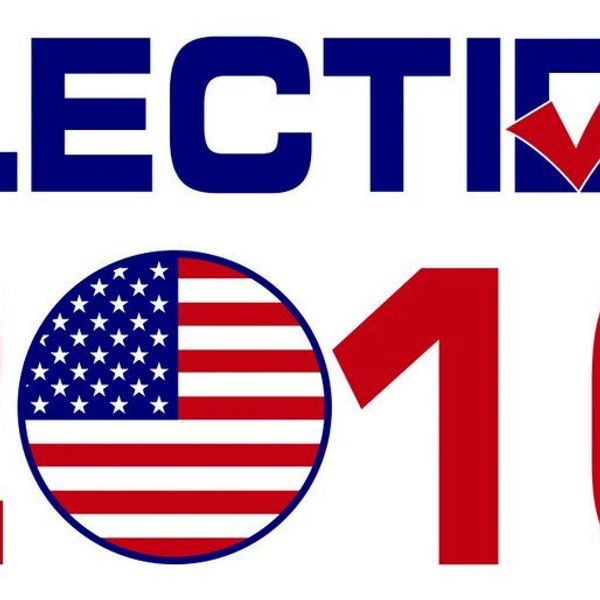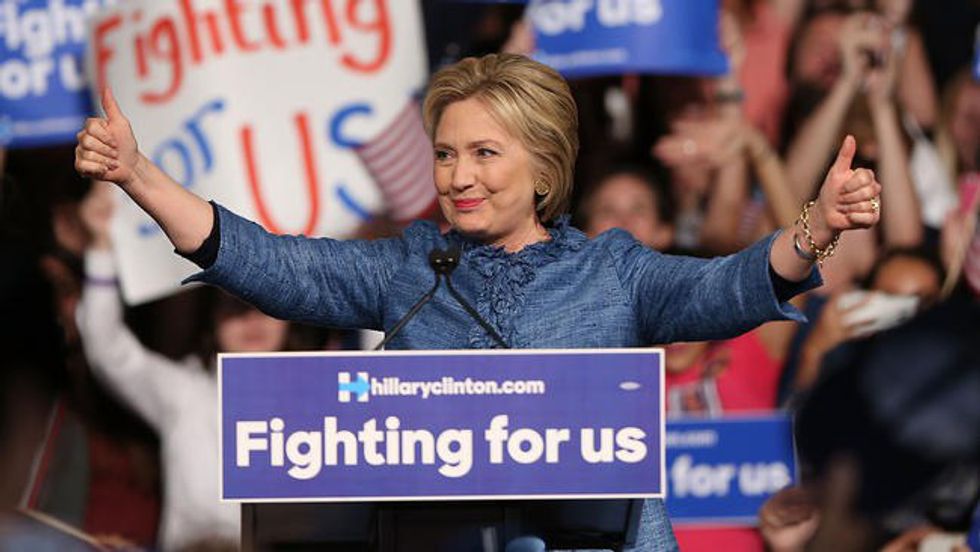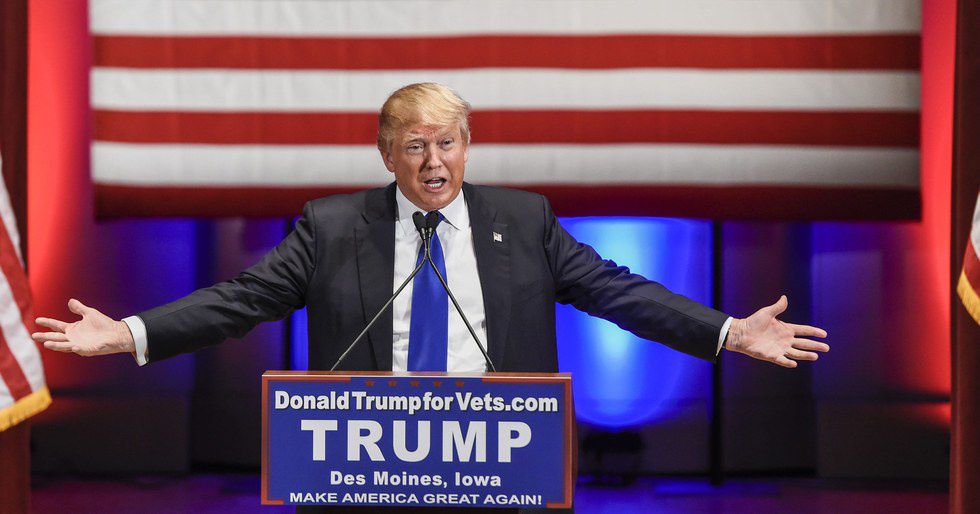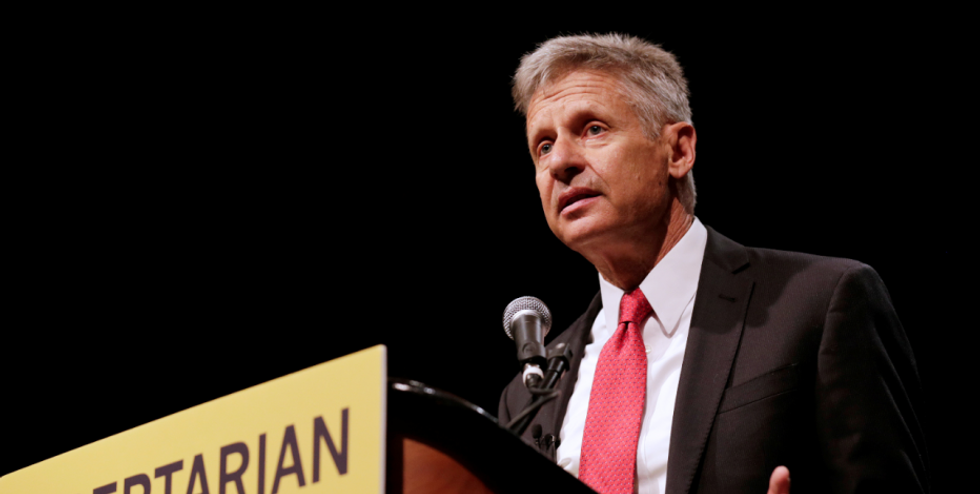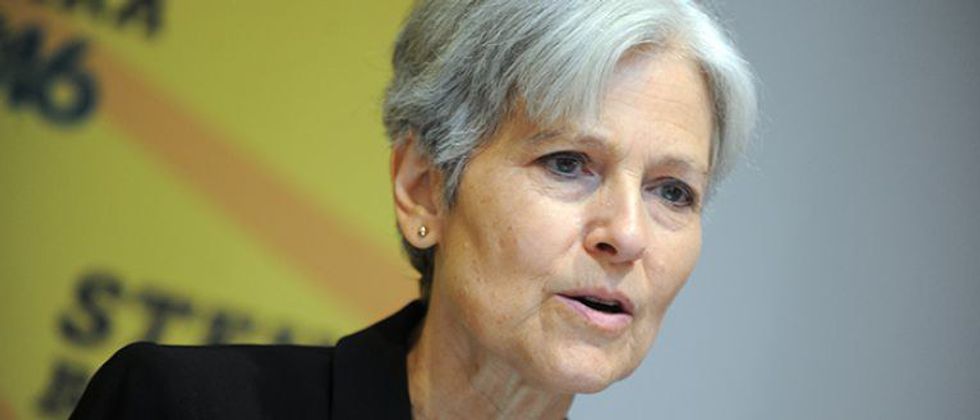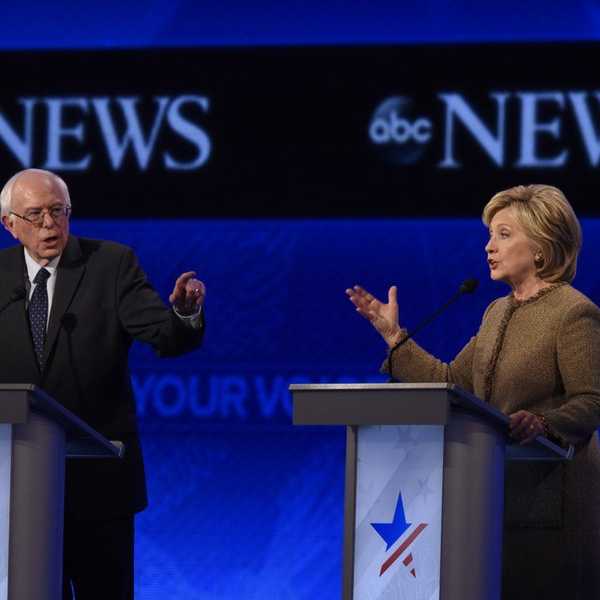The debates are over, and despite Pulse and HB2, the discussion over LGBTQ+ rights in the United States never came up. As a result, I’m cataloging the presidential candidates thoughts on these issues, including the 3rd party candidates.
Hillary Clinton (Democrat)
According to her website, Clinton aims to get full equality for LGBTQ+ Americans, passing an act which will prohibit discrimination against them in all sectors of public life. This would prevent laws such as HB2 or those that allow workplaces to refuse service to members of the LGBTQ+ community. She will end “conversion therapy,” which tries to make LGBTQ+ children/teens straight, and has been proven psychologically harmful to the individuals who undergo it. She will also focus on helping LGBTQ+ homeless youth, who make up a large percentage of homeless youth in the US. She also wants to upgrade service records for LGBTQ+ veterans who were dismissed due to their sexual orientation. She will also make it easier for transgender individuals to change their gender marker on their IDs, and help to stop violence toward them by giving training to law enforcement.
Her website adds that she has been a vocal ally throughout her career, citing her support of non-discrimination legislation and her speech made as secretary of state, where she declared that “gay rights are human rights, and human rights are gay rights”.
Donald Trump (Republican)
On his website, Trump doesn’t have a section devoted to his view of LGBTQ+ policy, so I’m having to take from CNN and other sources. He has vowed to appoint justices to the Supreme Court with conservative values, that will remove the legalization of marriage equality and who support discrimination against transgender individuals, in bills like HB2. He himself has said he is against same-sex marriage, and while he originally agreed that transgender individuals should use the bathroom of their choice, he quickly flipped his position to being against. His running mate, Mike Pence, has long opposed LGBTQ+ rights, arguing against language in legislation that would offer them protection from discrimination. Pence also supported Don’t Ask, Don’t Tell, a policy which prohibited soldiers from being openly identified as LGBTQ+.
Admittedly, Trump did make a statement in regards to the shooting at Pulse, recognizing the death of LGBTQ+ Americans, however he focused more on the so-called “Islamic terrorism” that had killed them, rather than the hate crime itself.
Gary Johnson (Libertarian)
Johnson’s website says that while he wants religious liberty, he doesn’t think that should come at the cost of legal protections over the LGBTQ+ community. However, he wants a “fairness to all” policy, rather than specific legislation addressed to LGBTQ+ rights. He aims for a balance that does not allow employers, housing, or the government to discrimination against LGBTQ+ individuals, but that still allows religious organizations to express their freedom. According to other sources, in 2011 he supported marriage equality, with the belief that LGBTQ+ couples should be able to have civil unions but that the government should stay out of religious institutions. Then, in 2013 he was part of a group who openly opposed California Proposition 8, which asserted that marriage was between a man and a woman only.
Jill Stein (Green Party)
Stein’s website does mention LGBTQ+ individuals but says only that she would “Protect LGBTQIA+ people from discrimination” and doesn’t define any specific policies. Other sources explain that she advocated for marriage equality. She also wants to end discrimination of LGBTQ+ individuals in the workplace and in their ability to get housing. In response to the Pulse shooting in Orlando, she stated that the crime showed the prejudice in our country and the need for a government that would not discriminate against them.
Unfortunately, the information on the policies of the 3rd party candidates is either not out there, or simply more difficult to find, hence the shortness of their sections.
There is the information on the candidates policies in regards to LGBTQ+ rights, which I hope you will take into consideration when you vote in the next few weeks.

